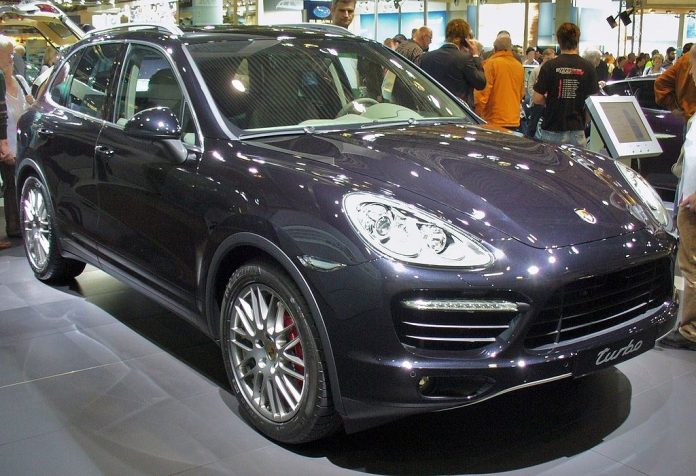If United States President Donald Trump imposes a 20% tariff on cars imported from the European Union, Slovakia will be the hardest hit.
As reported by the Agence France-Presse (AFP), Trump’s threat was the latest salvo in an escalating trade war that saw the European Union slap duties on US-made jeans and motorcycles in a tit-for-tat response to US tariffs on European steel and aluminium exports.
The spectre of US tariffs that sent shares in Fiat Chrysler, Daimler and BMW tumbling on European stock exchanges also spooked Slovakia’s automotive sector.
According to AFP, it boasts Germany’s Volkswagen, which is Slovakia’s biggest private-sector employer, as well as France’s PSA and South Korean Kia along with more than 300 automotive supply companies. Jaguar Land Rover will also open a new plant in September.
And they provide more than 300,000 jobs in Slovakia, a eurozone country of 5.4m.
“The ratio of overseas car exports to Slovakia’s GDP is significantly the highest among all countries of the EU, with it being up to 1.7%,” the Slovak Institute for Financial Policy (IFP) said in a study. “An increase in customs duties on car imports would have the biggest impact on Slovakia.”
Overall, the carmaking sector has a 44% share of Slovakia’s total industrial production and 35 percent of its exports.
According to data published by AFP, 1,001,520 cars rolled off assembly lines in Slovakia last year and exports were worth €3.7bn.
Annual production has exceeded one million cars in each of the last three years and is forecast to grow by more than a third by 2020.
Based on IFP calculations, a US tariff on cars could cost Slovakia approximately €90m.
Tariffs would “definitely pose a challenge for Slovak carmakers reaching out to customers in the United States,” Jan Pribula, Secretary General of the Automotive Industry Association of the Slovak Republic (ZAP), told AFP.

